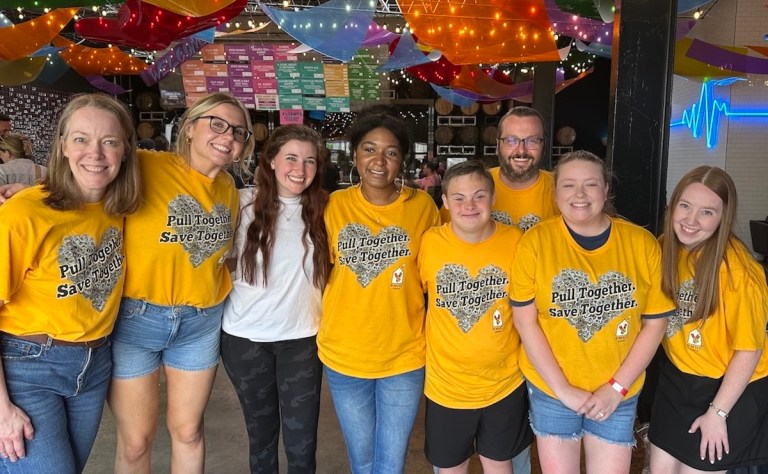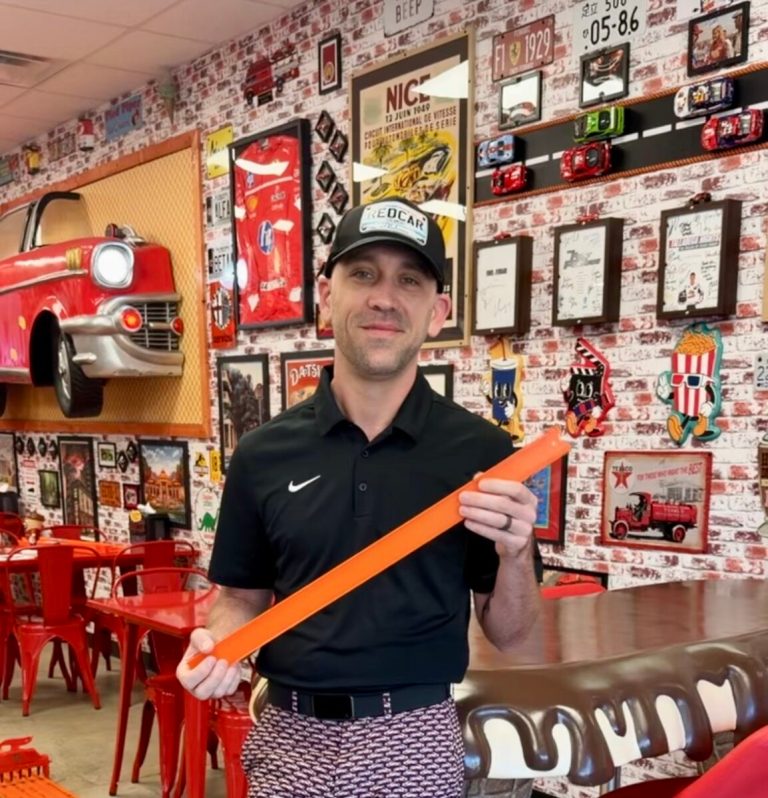Reviewed by: Sharron Swain
3 things to know about prioritizing Diversity, Equity & Inclusion within your organization
Reading time: 5 minutes
Sponsored

The Junior League of Birmingham (JLB) brings Birmingham women together to make a positive impact in our community. A huge part of that is creating a culture of diversity, equity and inclusion (DE&I) that is grounded in their mission to engage, inspire and lead. We talked with Nikki Ming, Chair of the JLB’s DE&I Taskforce, about the strides they’ve made as a leader in DE&I and how to prioritize it within your own organization.
The JLB is a community leader in DE&I

The JLB’s DE&I Taskforce, which began in 2019, has played a vital role in the organization’s efforts to focus on DE&I awareness and education.
Their organization’s incoming executive board is the most diverse in JLB history, not only in race and ethnicity, but in age and profession.
After creating the DE&I Taskforce, members engaged in an intensive training session that ultimately led to the launch of a number of programs, including:
- A 21-Day Racial Equity Challenge
- Adapted for the JLB from content provided by the Food Solutions New England Network, members commited to deepening their understanding of and willingness to confront racism for 21 consecutive days.
- An unconscious bias and microaggressions training for leaders
- Members were able to unpack biases and the power of dominant groups and learn how it impacts non-dominant groups and the JLB’s identity.
Since its beginning, the JLB’s DE&I journey has continued to evolve as they are committed to diversity and inclusion welcoming all women and valuing differences to create a culture of inclusivity.
Want to be a part of that journey? Nikki Ming gave us three important points to know about DE&I in your own organizations and beyond. Here’s what we learned:
1. DE&I creates opportunities to learn + grow.

According to Nikki, DE&I creates opportunities to raise awareness and understand differences that can be recognized as assets in our lives and experiences.
“It creates educational opportunities and spaces for people to engage in conversations that support and sustain a culture that values equity and belonging. Through our efforts, we hope to inspire members to model behaviors that maintain an equitable culture of belonging and inclusion.”
Nikki Ming, Chair of DE&I Taskforce, JLB
Want to learn more? Join the JLB for a Disability Awareness Panel on March 22 at 6:30PM with Dr. Michelle Kong (Founder of KultureCity) and Allury Arora (Founder and CEO of Urgent Care for Children) in the JLB Auditorium for an informative discussion.
2. It’s more than training.

Often when people hear of DE&I, they think of training full of words and lengthy statements. While those are so important, it is more than just that.
“DE&I is a part of being a good leader and shouldn’t be set aside as if it’s something completely separate. It should be woven into the development of leadership skills and competencies. Often when you set DE&I as a set of criteria, the engagement could be lackluster and considered just a check-the-box exercise.”
Nikki Ming, Chair of DE&I Taskforce, JLB
DE&I is all about awareness, education and exposure. This can happen through books, connecting with people who have different experiences or even things like museum trips to better understand history and its impact.
3. It requires patience, boldness + leadership.

The journey of DE&I is not an easy one. It requires tedious work and asking the hard questions.
“We launched a permanent Diversity and Inclusion Council to help us ask the hard questions and examine how we can model inclusion in everything we do, how we can attract and retain the most diverse group of women leaders and how we can unpack and tear down our own unconscious biases.”
Nikki Ming, Chair of DE&I Taskforce, JLB
In conclusion
Nikki noted that it’s important to asses where you are as an organization when beginning your journey. Here’s what to ask yourself:
- Where do we currently stand?
- What’s the appetite for this work?
- How committed are people to doing the work?
This will help you identify strategies to set a sustainable strategy.
“It’s important to know that you may see progress later. That’s why we refer to this as a journey. You will have some wins, setbacks, and pushback; then, one day, you will look around and recognize your progress. Be patient in this work. Be bold in this work. And most importantly, recognize the small wins in this work.”
Nikki Ming, Chair of DE&I Taskforce, JLB
Learn more about the JLB’s Diversity, Equity & Inclusion journey and the impact they’re making in the community.
Sponsored by:




